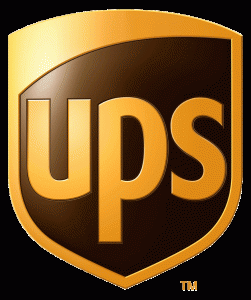Earlier this month, the U.S Postal Service announced that they have made a deal with Amazon delivering groceries on a test basis. The U.S Postal Service is a big player in mail delivery services, handling 40% of the world’ mail and visiting homes and businesses alike six days a week.
USPS is now lowering their parcel delivery prices during a time where their competitors (FedEx and UPS) plan on increasing their prices. Both FedEx and UPS fear that with the recent changes USPS has been making with their services and prices will steal away their customers. This rings true in the case of Amazon, when just last December both FedEx and UPS misjudged the amount of holiday packages and many customers did not receive them until after Christmas.
FedEx and UPS however do not think it’s fair for their companies because USPS a is a government owned delivery service and has a monopoly on the business. This being said, it is also true that USPS has been suffering from a decline over the years due to the creation and embrace of e-mail.
One possible solution that Lenoard proposed was that congress could allow for the USPS to leave the letter monopoly and let firms and couriers compete for this business like European posts have done. This would give the USPS the opportunity to focus soley on the parcel delivery service and would also avoid financial collapse. Lenoard also goes into the topic of USPS becoming more attractive to private investors that have helped European posts. If this were to happen, then the money that could come from private investors could help USPS with their aging trucks, making it more cost efficient and possibly speeding up their delivery.
USPS’ recent business decisions displays examples of the three strategies of competitive advantage we discussed in chapter two. First USPS competes with FedEx and UPS in differentiation in their deal with Amazon by delivering groceries. I personally think this is pretty unique because it breaks away from the association that USPS has with just letters and packages, they open up the idea to their customers that they can now deliver groceries, creating a more universal delivery service. Secondly, USPS uses competitive advantage in competing on costs by lowering their prices, allowing for cheaper shipping and delivery services than that of their competition. Lastly, USPS is becoming more responsive. They are allowing themselves to be cost effective, flexible by matching market changes in their new grocery deliveries, and reliability by meeting delivery schedules.
I personally am an USPS person, I have my packages delivered by them and I receieve majority of my packages through the USPS. I find their services of great quality and timely delivery.
What type of delivery service do you use and why? If you use either FedEx or UPS would you change your mind after hearing about their delays in their delivery, why or why not? What else could USPS do to give them a competitive advantage?
Source: http://www.businessweek.com/articles/2014-09-11/amazon-casts-its-vote-with-the-postal-service
